Transformative Project
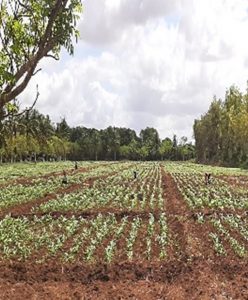 We are thrilled to share the completion of a transformative project aimed at producing quality seeds for major crops using out-growers/cooperatives management scheme. This project encapsulates the commendable efforts, challenges faced, and strides made during the endeavor titled
We are thrilled to share the completion of a transformative project aimed at producing quality seeds for major crops using out-growers/cooperatives management scheme. This project encapsulates the commendable efforts, challenges faced, and strides made during the endeavor titled
“Improving Food Production by Strengthening the Regional Staple Seed Production Sector in Somalia.”
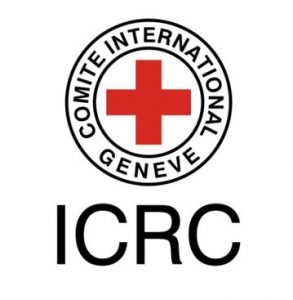 The project has been implemented in several phases over the last three years with the valuable support of the ICRC (International Committee of the Red Cross).
The project has been implemented in several phases over the last three years with the valuable support of the ICRC (International Committee of the Red Cross).
Core Objective
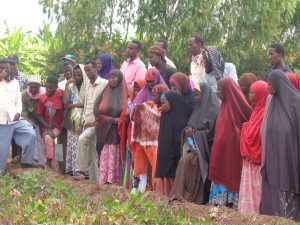 The core objective of this initiative was ambitious yet essential: empowering vulnerable rural communities to elevate their food production capabilities, ensuring economic stability, and nurturing sustainable livelihood opportunities for the long term. Operating within the Gu season from March to October 2023, the project meticulously focused on enhancing the quality seed production of two vital staple crops in Somalia: Maize and Sorghum.
The core objective of this initiative was ambitious yet essential: empowering vulnerable rural communities to elevate their food production capabilities, ensuring economic stability, and nurturing sustainable livelihood opportunities for the long term. Operating within the Gu season from March to October 2023, the project meticulously focused on enhancing the quality seed production of two vital staple crops in Somalia: Maize and Sorghum.
Spanning across three key regions—Hiran, Middle Shebelle, and Lower Shebelle—the project activities targeted five cooperatives. These cooperatives underwent comprehensive training encompassing post-harvest seed harvesting, processing, grading, and the implementation of Good Seed Production Practices. These practices ranged from site selection, land preparation, and soil management techniques to precise fertilization, sowing, weeding, irrigation, and crop protection measures.
Market Access
 Additionally, the project facilitated market access for the participating cooperatives by linking them with seed companies and projects operating in their production areas, fostering sustainable market connections.
Additionally, the project facilitated market access for the participating cooperatives by linking them with seed companies and projects operating in their production areas, fostering sustainable market connections.
Unforeseen natural disasters, the massive flood in Beledweyne, disrupted farming activities for two cooperatives in the Hiran region—Horusocod and Gamber-Laawe. Nonetheless, three cooperatives—Dayah and Barwaqo in Middle Shebelle, and Wadani in Lower Shebelle—persevered through the challenges, following SATG’s guidance diligently. Their unwavering commitment led to successful crop production activities, culminating in the harvest stage by late July. Rigorous field monitoring and inspections were conducted to ensure the quality of the seeds produced.
Successful Cooperatives
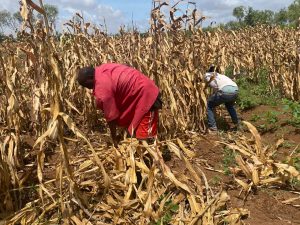 The successful cooperatives—Wadani, Dayah, and Barwaaqo—harvested a total of 30 hectares of land, comprising 28 hectares of Maize and 2 hectares of Sorghum. These cooperatives meticulously executed post-harvest activities, including threshing, cleaning, grading, and packaging of the seeds. Unlike the Hiran cooperatives, the endeavors in Middle and Lower Shabelle regions concluded triumphantly.
The successful cooperatives—Wadani, Dayah, and Barwaaqo—harvested a total of 30 hectares of land, comprising 28 hectares of Maize and 2 hectares of Sorghum. These cooperatives meticulously executed post-harvest activities, including threshing, cleaning, grading, and packaging of the seeds. Unlike the Hiran cooperatives, the endeavors in Middle and Lower Shabelle regions concluded triumphantly.
To maintain seed quality, rigorous testing of moisture content and regular monitoring of storage facilities were conducted. Moreover, comprehensive training sessions were organized for lead farmers on Good Agriculture Practices (GAP) and seed quality standards. These sessions equipped farmers with essential knowledge on post-harvest activities, seed quality verification, business management, and marketing.
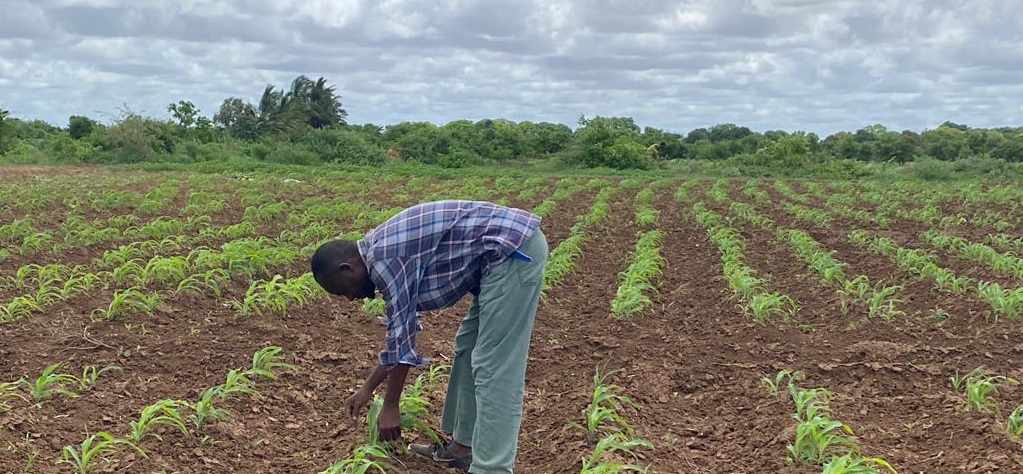
resilience
While obstacles were encountered, SATG remains resolute in its commitment to supporting Somalia’s agricultural communities. The dedication and resilience displayed by the participating cooperatives in the face of adversities underscore the unwavering spirit of Somalia’s agricultural sector. As SATG continues its efforts to bolster agricultural sustainability, it remains optimistic about the future and the resilience of these communities.
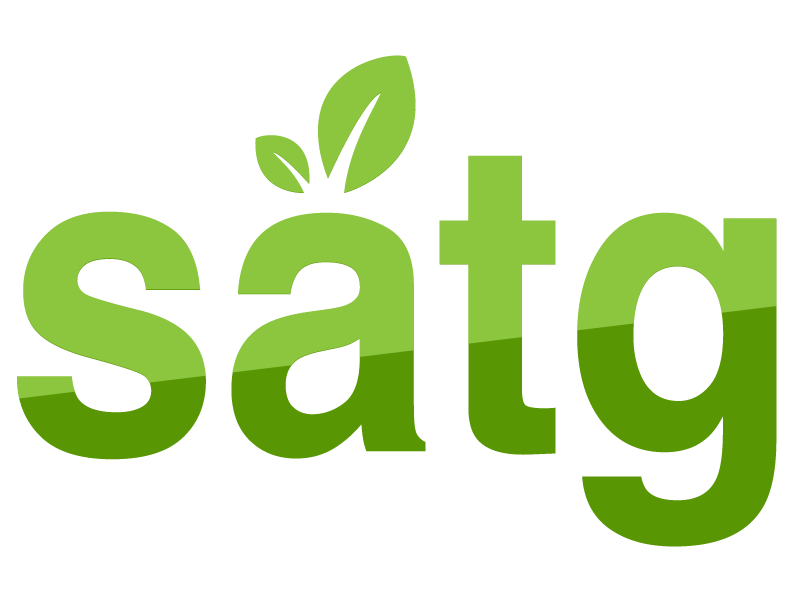
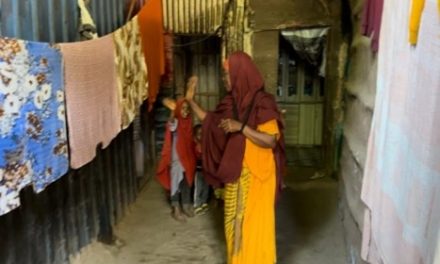
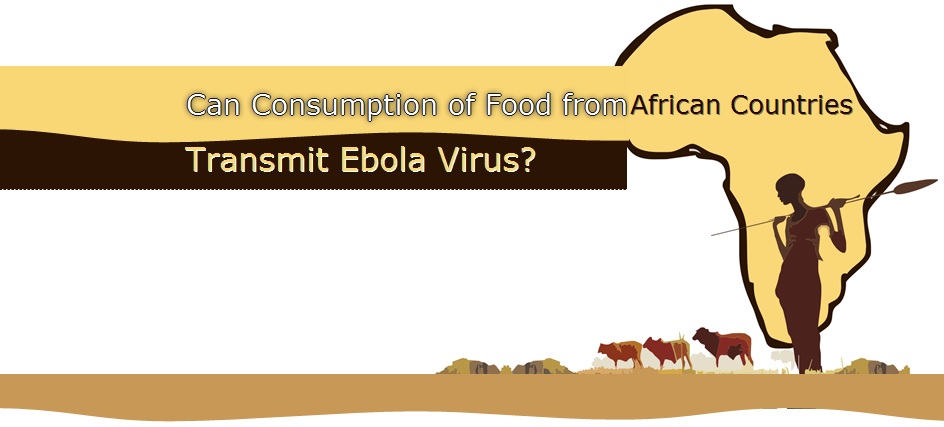
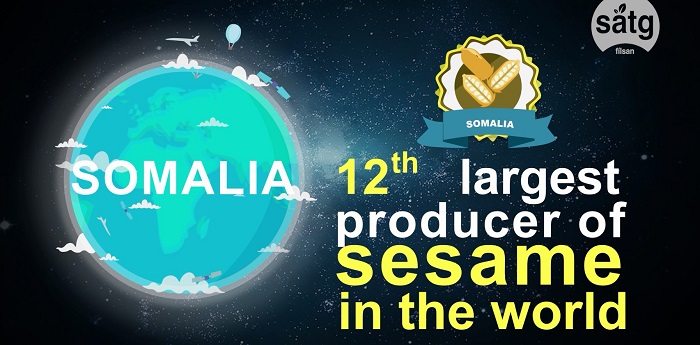
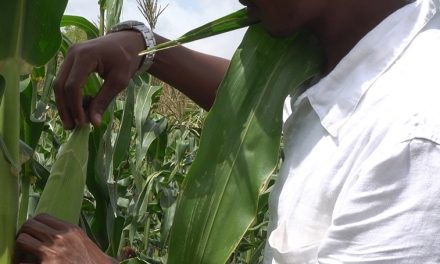
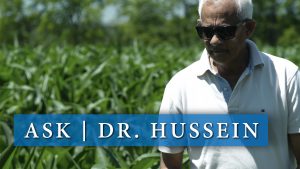
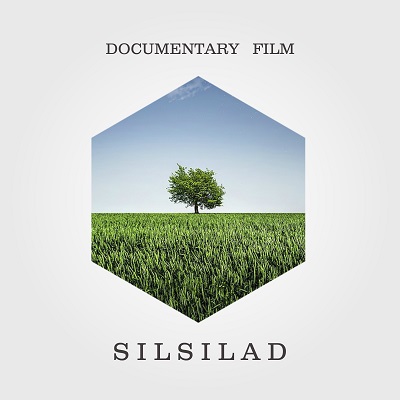

Recent Comments